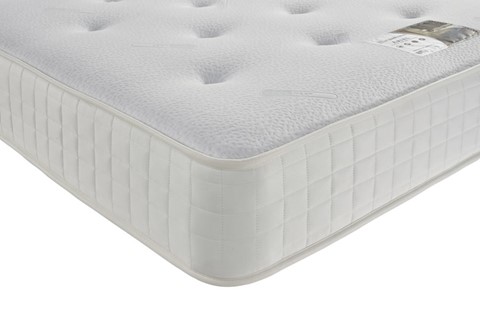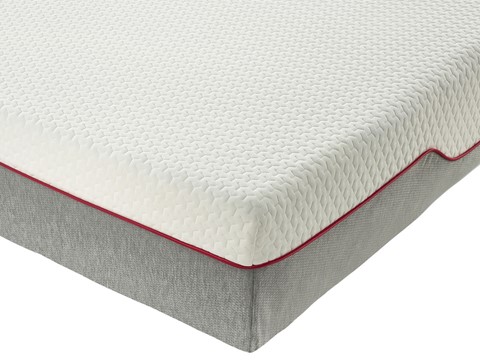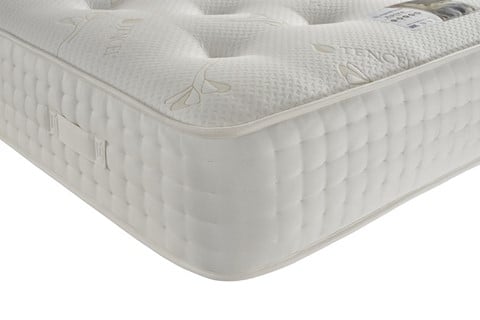How To Sleep With Anxiety - Knowledge Is Key
Introduction
Trying to gain a good night’s sleep when you have anxiety can be a highly tiring event. Many people with anxiety will find that it can be quite difficult to fall asleep, since it is harder for the person to shut their brains down in order to reach their needed slumber.
Knowing that there are ways in which it can be made easier to fall asleep for a person with anxiety is the first step. Identifying different techniques and establishing a process that helps in falling asleep faster is something that will help the person ongoing. This article will address different ways in which the person with anxiety can gain a full night’s sleep.
Why Anxiety Creates Insomnia
When you have a lot on your mind it is not easy to shut off just because it is time to go to sleep. Lying down in bed is only the first step in trying to reach a successful slumber. For a person with anxiety, learning how to shut off their brains from overthinking is a necessary step.
The old idea of counting sheep is not too far off the mark. The main thing a person needs to do is to stop thinking about the things that are making them worry. It is not actually possible to just ‘stop thinking’ altogether; therefore, the best method to overcome this is to choose another subject to think about that is as basic as it can be and free from any connection to the subjects which cause the person anxiety.
Types of thoughts which can aid in reaching sleep faster include:
- Very basic images, based on one colour only. Examples include a blue circle, a black hole, green triangle etc. By choosing something to focus on which is as close to one dimensional as possible it will lead to the brain becoming bored and falling asleep.
- A cloud. Imagine yourself on a cloud floating through the sky where the only thing you can see is the blue of the sky. No birds, no houses, nothing. Just knowing that the cloud is your bed and you can only see blue.
- Complex math. In the same way that something very basic will make you tired, something complex can also make you tired. By adding the multiplication table in your mind methodically through each number your brain will not be able to think about other matters that cause you anxiety. At some point, your brain will just switch off and a good night’s sleep will ensue.
Other necessary requirements to a solid night sleep for someone with anxiety include:
- A solid mattress. A mattress that is chosen by you, either soft or hard, will help to gain sleep faster. If you are trying to sleep on a mattress that is too hard for you or too soft, you will not be able to reach a comfortable level as fast and the distress of being uncomfortable will inevitably lead to anxiety in its own right.
- Good pillows. There are many different types of pillows and finding the right one for you is imperative to reaching a good night's sleep for anyone, but especially for people who suffer from anxiety. Your head needs to be as comfortable as possible in order for your body to relax. Trying to sleep on a pillow that you don’t like will definitely lead to a focus on anxiety and will keep you awake longer.
- Temperature. By opening a window and creating a bit of a draft in the room, you will be able to fall asleep faster. Slightly cooler temperatures have been proven effective for sleeping with anxiety and the fresh air will also help clear the mind.
- Darkness and Quiet. This cannot be understated – attempting to fall asleep in a half-lit, semi noisy room is not easy for anyone but least of all for a person that has anxiety. Make sure the lights are off and the TV is too. Plasma screen clocks should be replaced with ones that do not light up the room.








